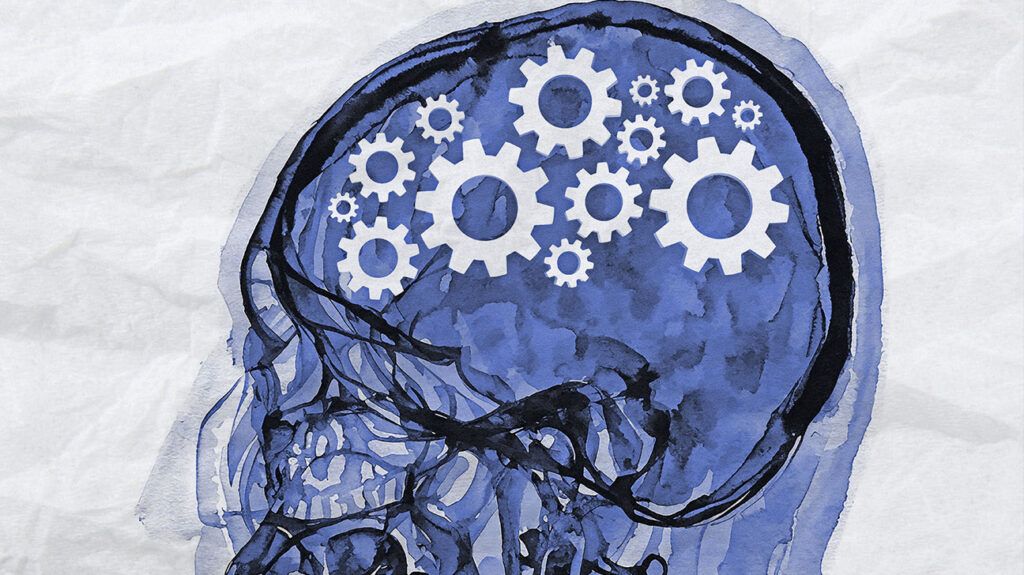- Researchers in China and the U.S. have found that chronic musculoskeletal pain (CMP) could be linked to a higher risk of brain aging and dementia.
- People with knee osteoarthritis were found to have more rapid brain aging than people without it.
- A genetic link between inflammation and brain function may point toward a way to predict cognitive decline, but further study is needed, experts say.
Chronic musculoskeletal pain (CMP) may contribute to a higher risk of cognitive decline, according to a new study by scientists from the U.S. and China.
The study, published in
With
Researchers developed a comparative model using structural MRI data that allowed them to examine the differences between brain age and chronological age.
They found that people with KOA had much more rapid brain aging than those without it.
Inflammation in the body has been seen as a contributing factor to neurological ailments, Steve Allder, MD, consultant neurologist at Re:Cognition Health, who was not involved in the study, told Medical News Today.
“Increasingly, particularly for depression and Alzheimer’s, and other conditions — for example, a
Medhat Mikhael, MD, pain management specialist and medical director of the non-operative program at the Spine Health Center at MemorialCare Orange Coast Medical Center in Fountain Valley, CA, who was also not involved in the study, told MNT that inflammation and chronic pain can interrupt and alter the brain’s processing patterns.
“Chronic inflammation like knee Osteoarthritis or Chronic Musculoskeletal pain are associated with changes in the central nervous system causing what is known as neuroplasticity, which changes in the structural and functional state of the brain,” Mikhael said. “Chronic pain (CP) has been found to cause significant alternations of the brain’s structure and function due to changes in pain processing and disrupted cognitive functions, including with respect to the prefrontal cortex.”
The inflammation that stems from acute pain can become chronic if not properly addressed, but in general, an injury to one particular area is not likely to cause cognitive decline, according to Allder.
“You need to provoke a sustained immune response both systematically and in the brain,” Allder said.
The new study suggests that the
“Genetic mutations may affect the transport and uptake of essential metals to the mitochondria, particularly the manganese, which seems to be essential for the health and function of the brain cells,” Mikhael said. “Excess metal exposure or toxic effect can have major negative side effects.”
Allder pointed to a large number of other health issues that are linked to SLC39A8, including:
“clinical disorders in virtually every organ, tissue, and cell type: numerous developmental and congenital disorders, the immune system, cardiovascular system, kidney, lung, liver, coagulation system, central nervous system, musculoskeletal system, eye, and gastrointestinal tract,” he said.
He added that the study should provoke further understanding of the links between CMP and cognitive decline, but also of the wide variety of problems that can arise from the gene’s imbalance.
“Traits with which SLC39A8-deficiency variants are
Mikhael said one drawback to the study is that the focus from the data became too narrow for studying such a significant cognitive drop, since it was primarily about chronic knee pain and the path to brain aging related to SLC39A8.
“It would have been beneficial to study other chronic inflammatory pain disorders and see if they would come to the same conclusion,” Mikhael said.
Credit: Source link




